At 8:15, on August 6, 1945 disaster struck in the city of Hiroshima.
I always wondered how the German people felt about the holocaust. Now I know. On August 6, in 1945, the Americans decided to drop an atomic bomb on the city of Hiroshima. Thousands evaporated within seconds while others had their skin melted away and others almost had no skin at all. At that moment I was sort of embarrassed to be an American.
In my opinion atomic anything is terrible. Now a days, many countries all over the world have atomic bombs. Combined, all of the atomic bombs in the world, at their least, have the capability to wipe out all of humanity. In the 1980's my Dad said when President Regan and Gorbachev came into power, they agreed to decrease the amount of atomic bombs in the U.S. and Russia as much as they could. But now with President Putin in power he has increased the amount of bombs in Russia again. In my opinion, there should be no wars or violence or any of that stuff.
Although maybe millions more would have died in World War II if the incident had not happened, I still feel terrible that my county did something like that.
-Maddy
What can ever be said or written about the Hiroshima Peace Museum that isn't trite or corny - and is respectful enough for the gravity of what you are experiencing?
It is more than humbling. And by the end, I had the expected lump in my throat and tears in my eyes.
I would image any war memorial with graphic images, stories and actual artifacts would evoke the same overwhelming sadness, but the day we opened Pandora's atomic box was different I believe; it changed lives, the war, and the world, forever.
It was a complex and "drive-to-end-the-war" decision, the circumstances of which are hard to recreate today, so it is wise not to judge overly harsh in hindsight. It does still speak freshly, however, to the times we now live in, in terms of scale of war, human and property destruction potential, and the perilous knife-edge we must now balance on everyday.
Did it end the war in the Pacific Theater, surely. Did it ultimately save additional American and Japanese lives, most likely. Did it prevent all future large-scale wars and ensure future peace - that's the big question yet to be seen.
To be fair and further understand the entire circumstances of both countries, I recently read the Enola Gay, the U.S. POV on the why's and how's of the first atomic bomb. Again, in hindsight, you can see the war-time rationale and get a glimpse of the arms race that was already underway between the U.S. and U.S.S.R. in the mid-1940's. But when you see the actual pictures, hear the recorded voices and touch the twisted and melted artifact remnants, and all on the ground it actually occurred - you emotionally feel the unspeakable pain of the common man as if it was yesterday; the children walking to school, the shopkeeper, the street sweeper. All innocent, and all punished horrifically.
But isn't that the way of all wars? The aggressors in each civilization rally the war cry, sometimes justified, many times not, or prematurely, and the innocents who are given the choice to either support the efforts or simply 'go along to get along' - end up paying the ultimate price with their lives? And, in the case of Japan and Hiroshima (and Nagasaki three days later), paid in a way never before and never since.
And adding to today's complexity is the 'race to small nuclear bombs'. In addition to the large nation-states with the large nuclear arsenals, now too we have to worry about the rogue state and the rogue extremist-factions with small 'dirty' nuclear devices.
One way to look at it is that the discovery of nuclear fission and fusion was bound to happen and it is a pipe-dream to think that we can put the "using it as a weapon" genie back in the bottle. So now it is a matter of how we manage the urge to use it. It was very disturbing to read the other day when the Rush Limbaugh of the state-sponsored Russian News Service said this live on the air in regards to U.S. sanctions in the Ukraine:
"'Russia is the only country in the world realistically capable of turning the United States into radioactive ash,' anchor Dmitry Kiselyov said on his weekly news show on state-controlled Rossiya 1 television. ... His programme was broadcast as the first exit polls were being published showing an overwhelming majority of Crimeans voting to leave Ukraine and join Russia. He stood in his studio in front of a gigantic image of a mushroom cloud produced after a nuclear attack, with the words 'into radioactive ash.'
The stated mission of the Hiroshima Peace Museum is to promote nuclear disarmament and worldwide peace through the painful and honest examination of the effects of nuclear weapons as it happened upon their own mother's, father's, doctors, neighbors, and children. We can all only hope it succeeds in that mission some day.
- Mike
I always wondered how the German people felt about the holocaust. Now I know. On August 6, in 1945, the Americans decided to drop an atomic bomb on the city of Hiroshima. Thousands evaporated within seconds while others had their skin melted away and others almost had no skin at all. At that moment I was sort of embarrassed to be an American.
In my opinion atomic anything is terrible. Now a days, many countries all over the world have atomic bombs. Combined, all of the atomic bombs in the world, at their least, have the capability to wipe out all of humanity. In the 1980's my Dad said when President Regan and Gorbachev came into power, they agreed to decrease the amount of atomic bombs in the U.S. and Russia as much as they could. But now with President Putin in power he has increased the amount of bombs in Russia again. In my opinion, there should be no wars or violence or any of that stuff.
Although maybe millions more would have died in World War II if the incident had not happened, I still feel terrible that my county did something like that.
-Maddy
What can ever be said or written about the Hiroshima Peace Museum that isn't trite or corny - and is respectful enough for the gravity of what you are experiencing?
It is more than humbling. And by the end, I had the expected lump in my throat and tears in my eyes.
I would image any war memorial with graphic images, stories and actual artifacts would evoke the same overwhelming sadness, but the day we opened Pandora's atomic box was different I believe; it changed lives, the war, and the world, forever.
It was a complex and "drive-to-end-the-war" decision, the circumstances of which are hard to recreate today, so it is wise not to judge overly harsh in hindsight. It does still speak freshly, however, to the times we now live in, in terms of scale of war, human and property destruction potential, and the perilous knife-edge we must now balance on everyday.
Did it end the war in the Pacific Theater, surely. Did it ultimately save additional American and Japanese lives, most likely. Did it prevent all future large-scale wars and ensure future peace - that's the big question yet to be seen.
To be fair and further understand the entire circumstances of both countries, I recently read the Enola Gay, the U.S. POV on the why's and how's of the first atomic bomb. Again, in hindsight, you can see the war-time rationale and get a glimpse of the arms race that was already underway between the U.S. and U.S.S.R. in the mid-1940's. But when you see the actual pictures, hear the recorded voices and touch the twisted and melted artifact remnants, and all on the ground it actually occurred - you emotionally feel the unspeakable pain of the common man as if it was yesterday; the children walking to school, the shopkeeper, the street sweeper. All innocent, and all punished horrifically.
But isn't that the way of all wars? The aggressors in each civilization rally the war cry, sometimes justified, many times not, or prematurely, and the innocents who are given the choice to either support the efforts or simply 'go along to get along' - end up paying the ultimate price with their lives? And, in the case of Japan and Hiroshima (and Nagasaki three days later), paid in a way never before and never since.
And adding to today's complexity is the 'race to small nuclear bombs'. In addition to the large nation-states with the large nuclear arsenals, now too we have to worry about the rogue state and the rogue extremist-factions with small 'dirty' nuclear devices.
One way to look at it is that the discovery of nuclear fission and fusion was bound to happen and it is a pipe-dream to think that we can put the "using it as a weapon" genie back in the bottle. So now it is a matter of how we manage the urge to use it. It was very disturbing to read the other day when the Rush Limbaugh of the state-sponsored Russian News Service said this live on the air in regards to U.S. sanctions in the Ukraine:
"'Russia is the only country in the world realistically capable of turning the United States into radioactive ash,' anchor Dmitry Kiselyov said on his weekly news show on state-controlled Rossiya 1 television. ... His programme was broadcast as the first exit polls were being published showing an overwhelming majority of Crimeans voting to leave Ukraine and join Russia. He stood in his studio in front of a gigantic image of a mushroom cloud produced after a nuclear attack, with the words 'into radioactive ash.'
The stated mission of the Hiroshima Peace Museum is to promote nuclear disarmament and worldwide peace through the painful and honest examination of the effects of nuclear weapons as it happened upon their own mother's, father's, doctors, neighbors, and children. We can all only hope it succeeds in that mission some day.
- Mike
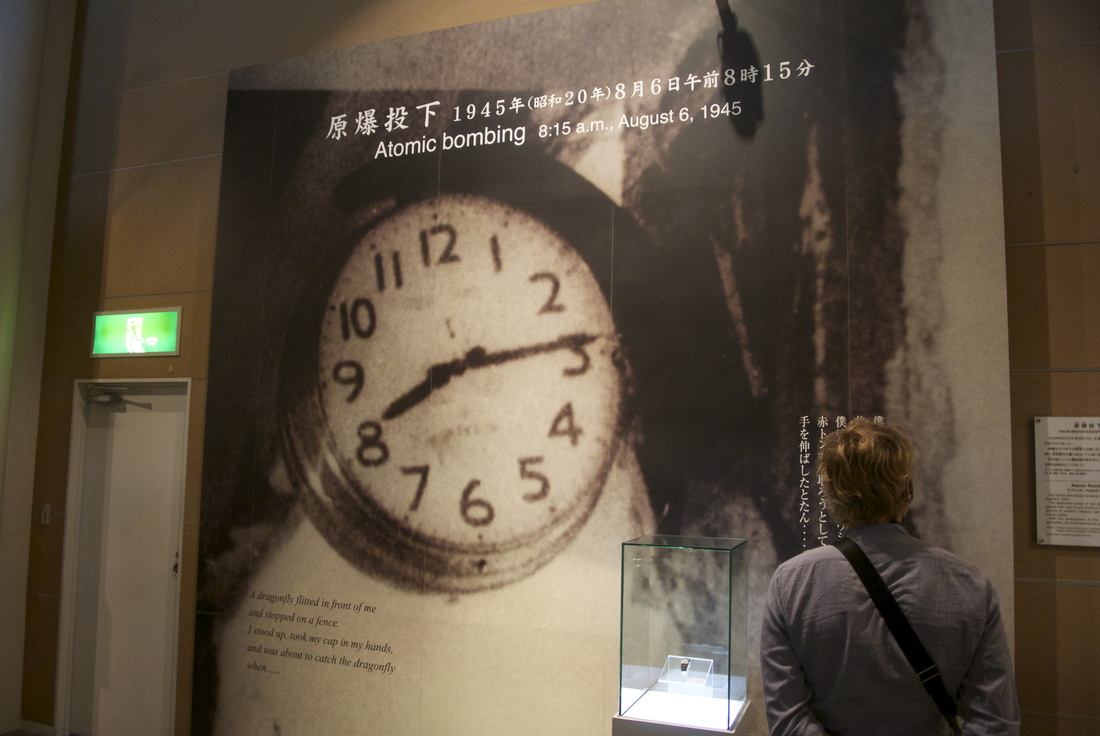
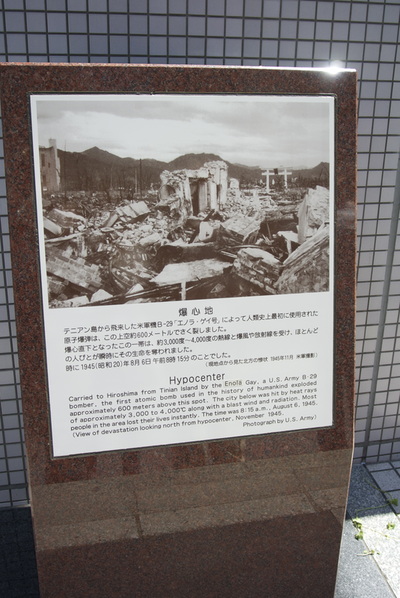
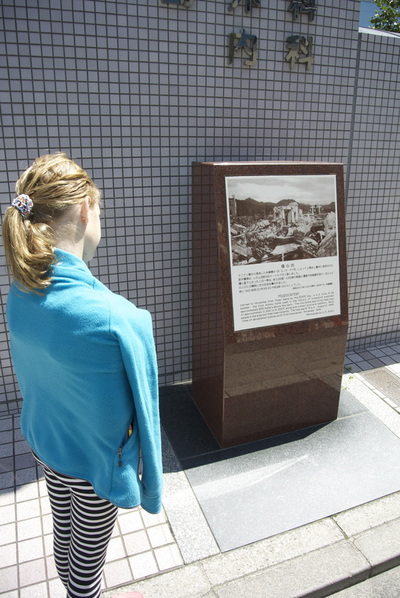
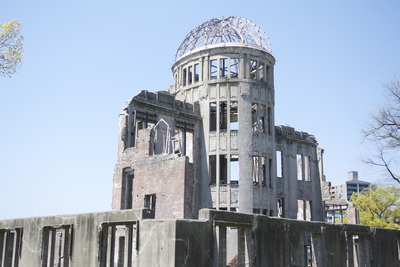
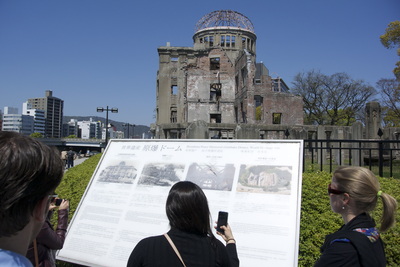
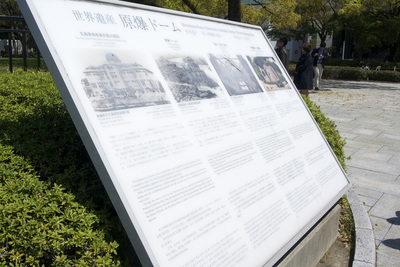
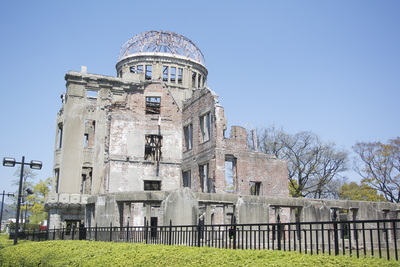
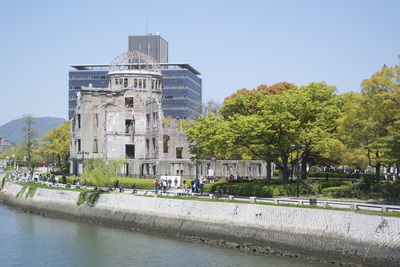
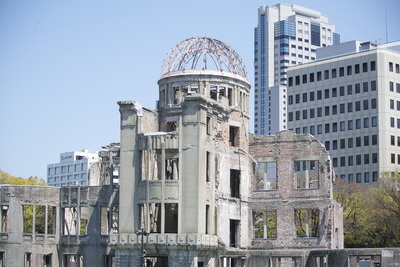
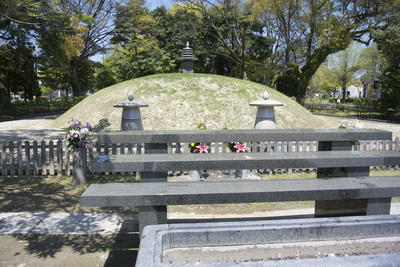
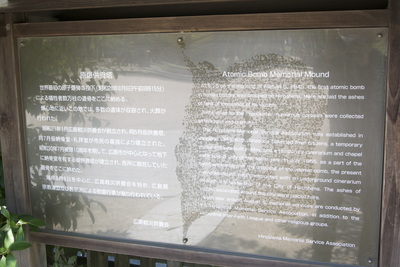
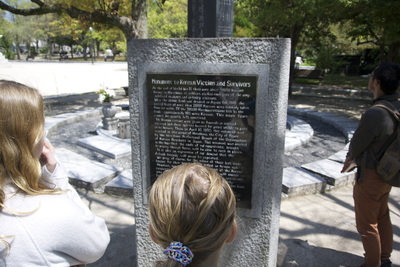
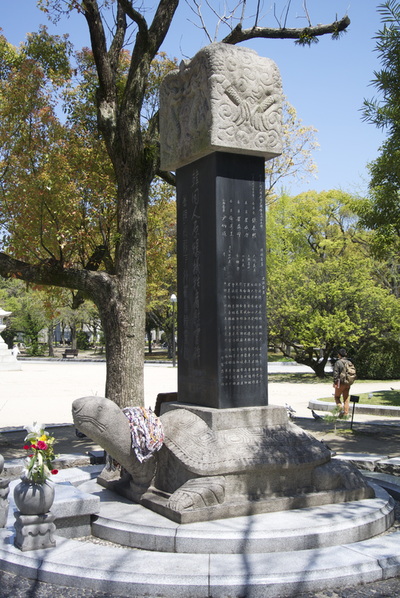
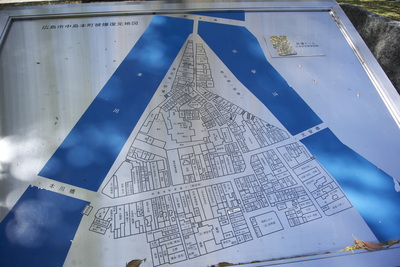
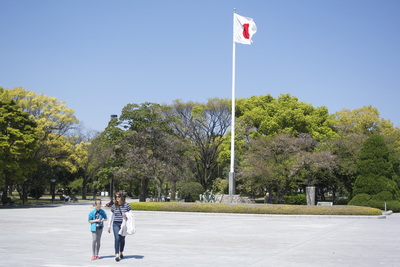
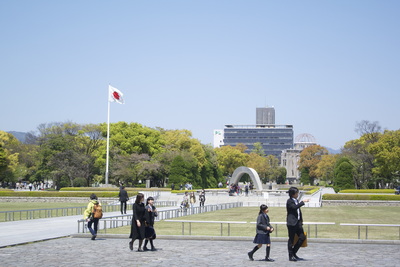
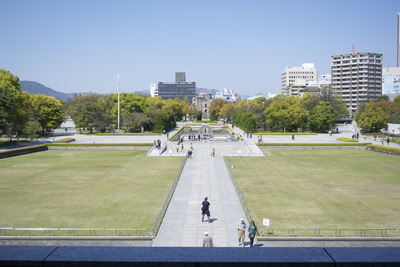
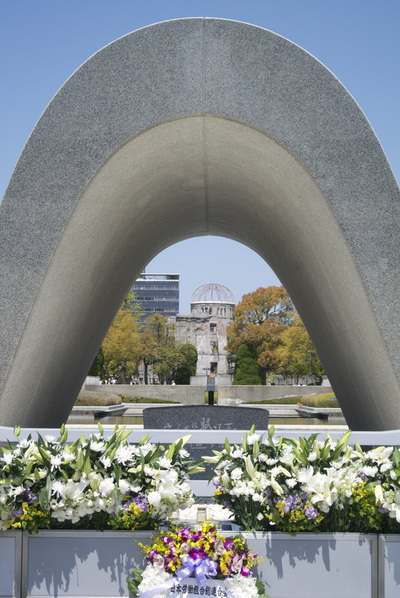
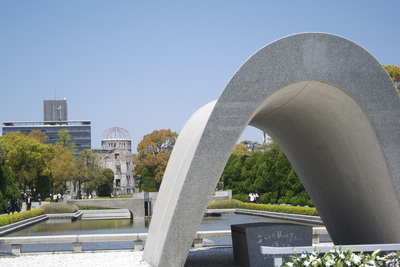
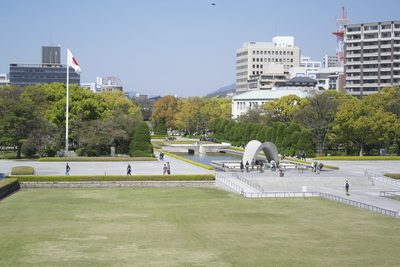
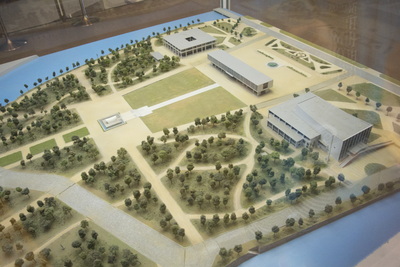
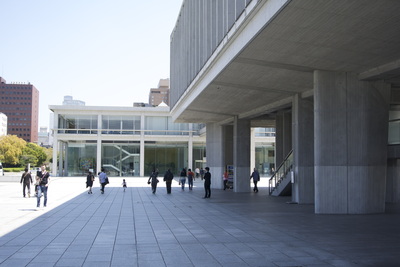
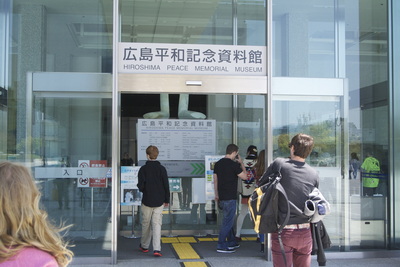
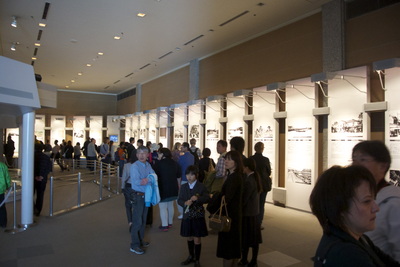
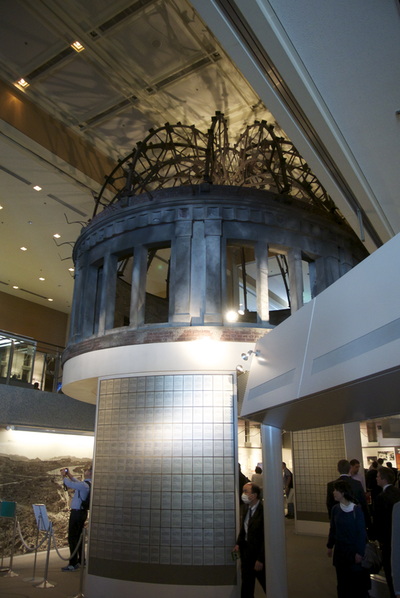
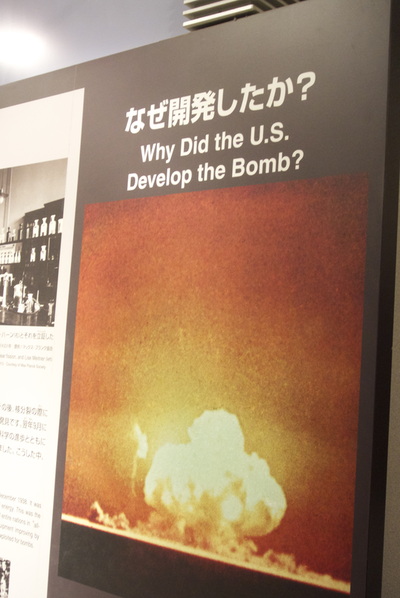
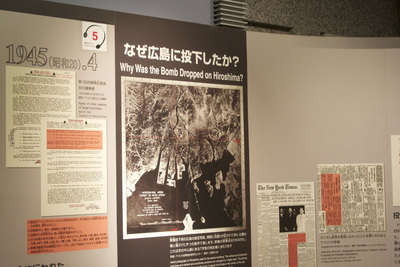
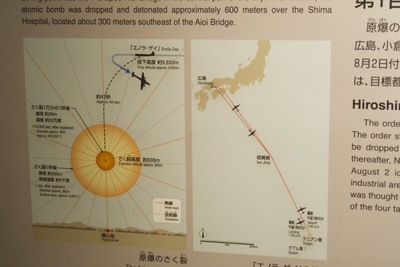
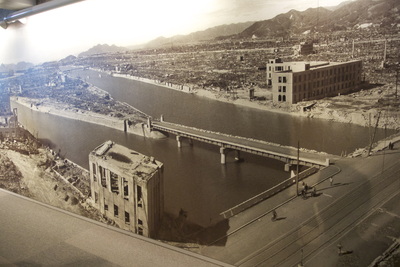
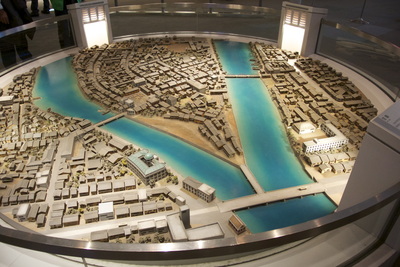
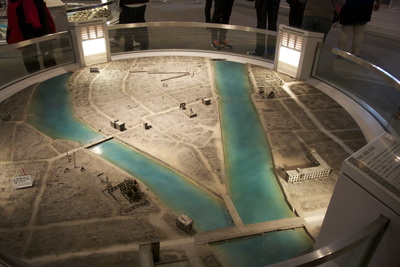
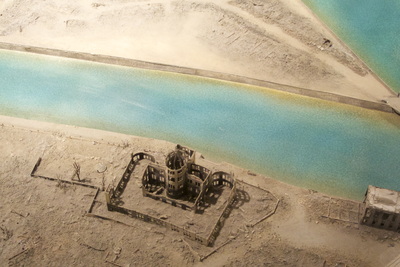
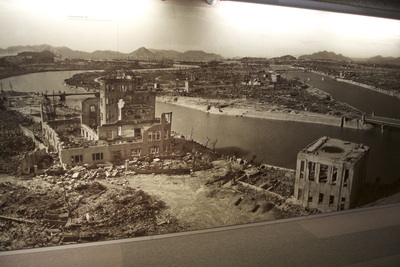
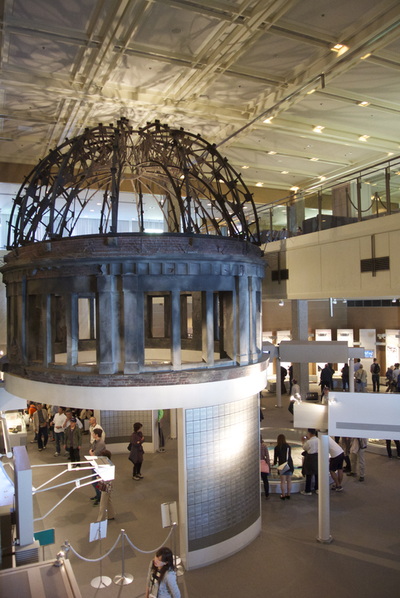
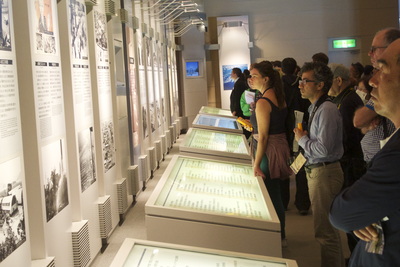
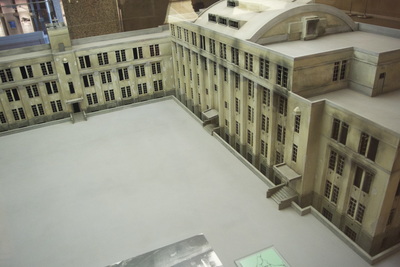
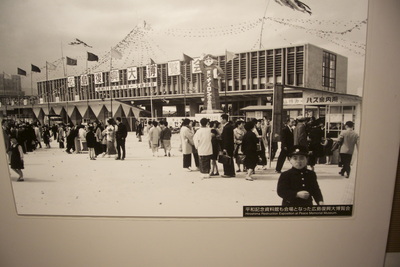
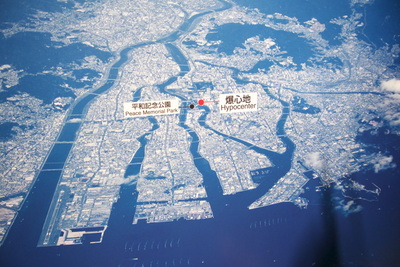
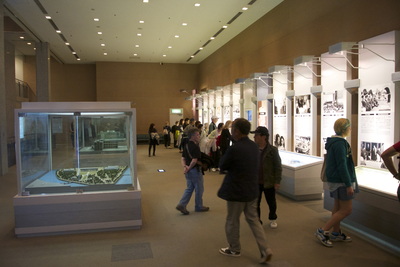
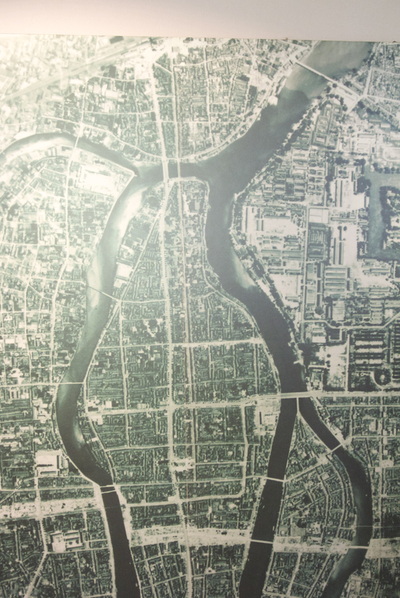
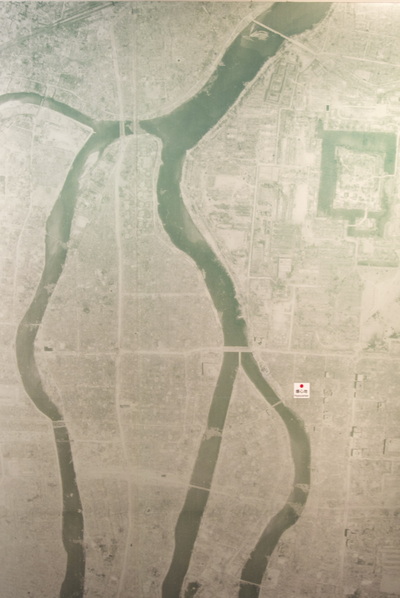
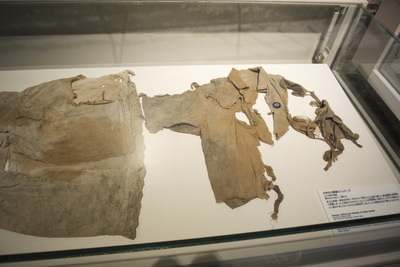
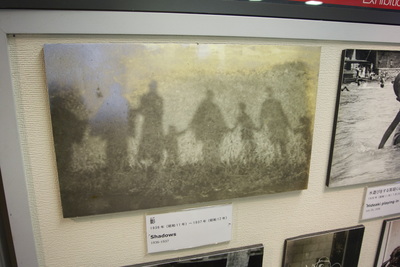
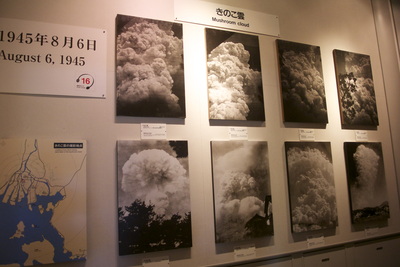
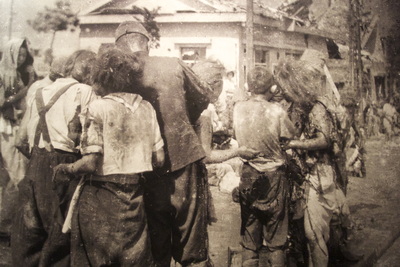
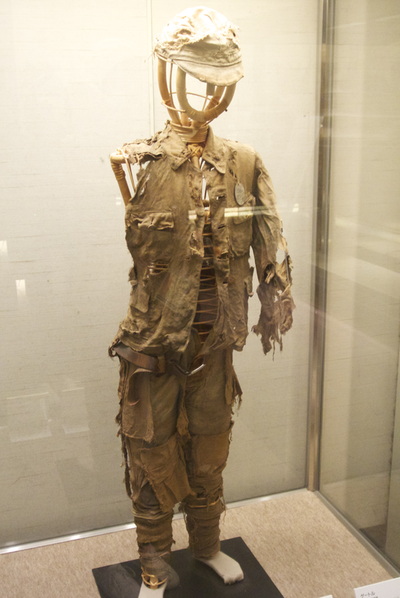
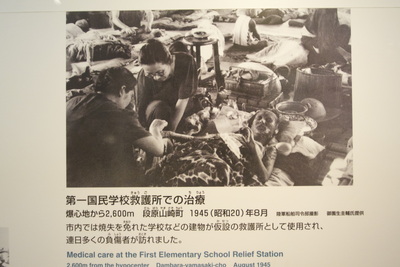
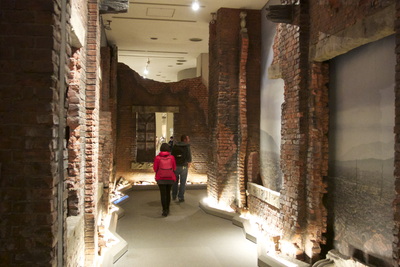
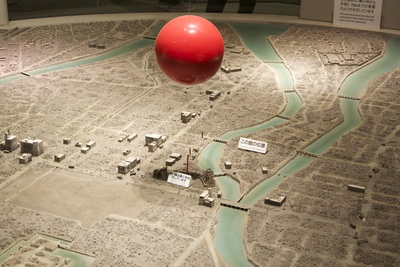
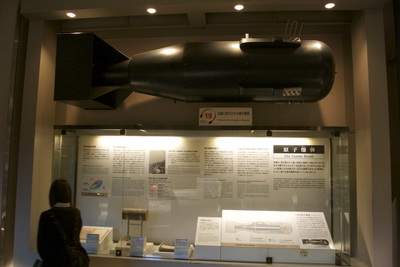
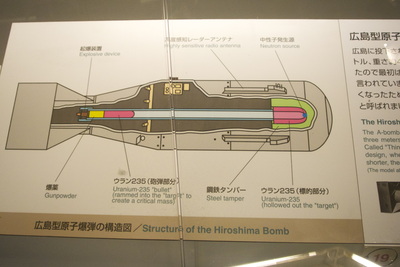
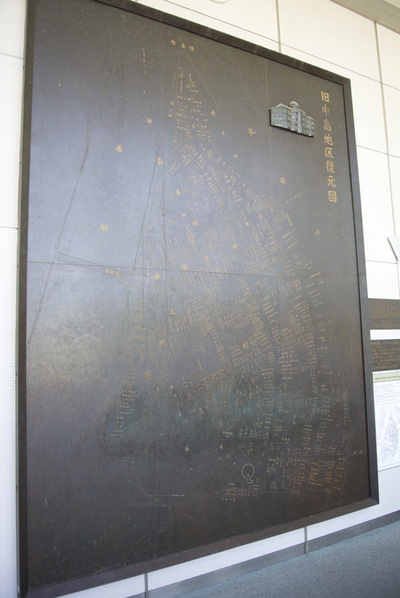
 RSS Feed
RSS Feed
